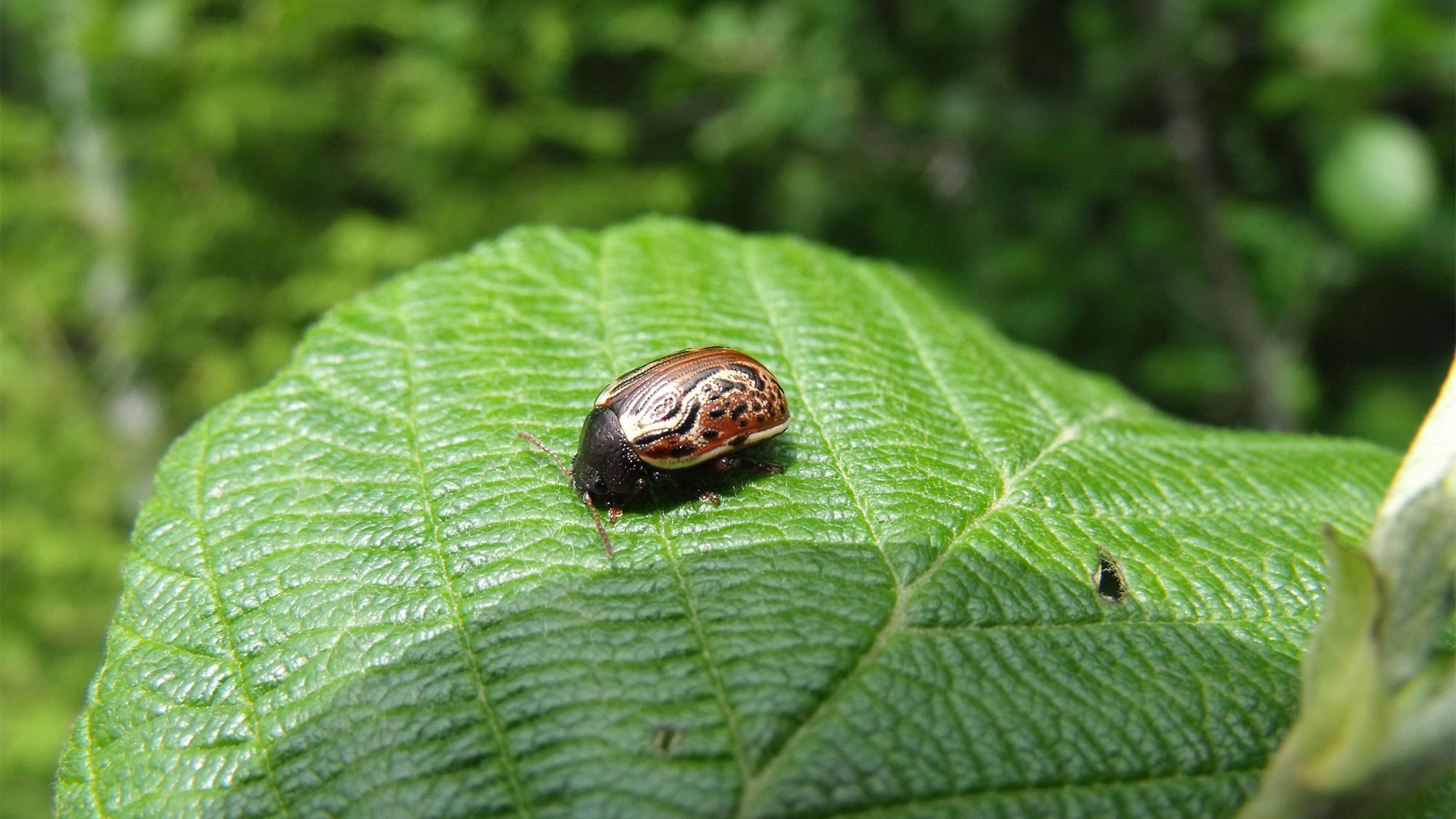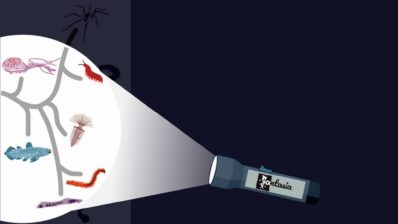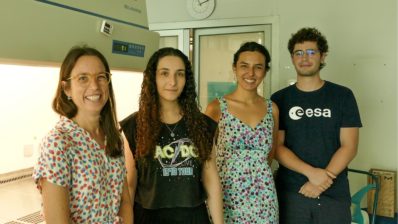A recent study by the Institute for Evolutionary Biology (IBE: CSIC-UPF) has shown that different species of herbivorous beetles that share food present, inside their cells, communities of similar microorganisms.
The study analyzed, using a massive sequencing technique known as metabarcoding, the presence of bacteria in four species of beetles in comparison with the bacteria found in the leaves they eat.
The obtained data suggest that the transmission of bacteria between the different species would be taking place by sharing the same leaves, through remains of saliva or excrement, among others.
“It is one of the first times that the role of plants as a possible intermediate state in the transmission of endosymbionts has been demonstrated with genetic data”
Jesus Gómez-Zurita, Principal Investigator at IBE
These results could be used in ecological studies on bacterial infections, as well as in the biological control of herbivorous insects.
A. Cardoso and J. Gómez-Zurita. 2020. Food resource sharing of alder leaf beetle specialists (Coleoptera: Chrysomelidae) as potential Insect–Plant interface for horizontal transmission of endosymbionts. Environmental Entomology, 49(6), 2020, 1402–1414






